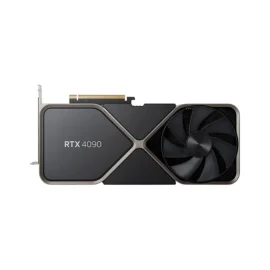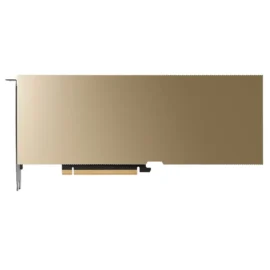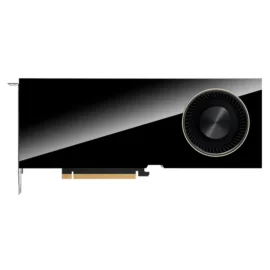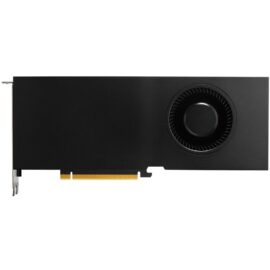AMD’s EPYC series of processors has revolutionized the server and data center landscape since its initial launch in 2017. Designed to compete directly with Intel’s Xeon line, EPYC processors deliver outstanding performance, scalability, and efficiency. In this article, we’ll explore the key features, architecture, performance benchmarks, and applications of AMD EPYC processors.
1. Architecture and Design
The AMD EPYC processors are built on the Zen microarchitecture, which has undergone several iterations since its debut. The most recent generation, EPYC 7003 series (codenamed “Milan”), utilizes a 7nm process technology, allowing for higher transistor density and improved power efficiency.
Key architectural features include:
- Chiplet Design: EPYC processors employ a chiplet architecture, enabling AMD to package multiple chiplets on a single die. This design enhances yield and performance scalability, allowing for greater customization to meet varying workload demands.
- Infinity Fabric: AMD’s Infinity Fabric technology facilitates high bandwidth and low latency communication between chiplets, memory, and I/O, enhancing overall system performance.
- Memory Support: EPYC processors support up to 8 channels of DDR4 memory per CPU, with memory capacities scaling up to 2 TB per socket. This is particularly beneficial for memory-intensive applications.
2. Performance Features
AMD EPYC processors stand out for their impressive performance features:
- High Core Count: EPYC CPUs can feature up to 64 cores and 128 threads per processor, providing exceptional parallel processing capabilities for data-intensive workloads.
- PCIe 4.0 Support: EPYC 7003 processors support PCIe 4.0, doubling the bandwidth compared to PCIe 3.0, allowing for faster data transfer rates to GPUs and NVMe storage devices.
- Enhanced Security: AMD offers robust security features, including Secure Encrypted Virtualization (SEV), which protects virtual machines from unauthorized access.
3. Performance Benchmarks
In various benchmarking tests, AMD EPYC processors have consistently demonstrated superior performance compared to their Intel counterparts, particularly in multi-threaded workloads. Key benchmark comparisons include:
- SPEC CPU Benchmark: EPYC processors often outperform Xeon processors in both integer and floating-point calculations, showcasing their computational strength.
- TPC Benchmark: In transaction processing benchmarks, EPYC CPUs deliver impressive results, making them ideal for database workloads.
- Render and Simulation Tasks: EPYC excels in rendering and simulation tasks in the fields of CAD, scientific computing, and AI, where high core counts provide significant advantages.
4. Applications
AMD EPYC processors are designed for a wide range of applications, making them suitable for various industries:
- Cloud Computing: With their high core counts and memory support, EPYC processors are ideal for cloud service providers, enabling them to offer robust virtual machine hosting services.
- Enterprise Servers: Organizations can deploy EPYC in enterprise-grade servers to handle large-scale databases, ERP systems, and business-critical applications.
- High-Performance Computing (HPC): The computational power of EPYC processors makes them well-suited for HPC environments, enabling complex simulations and data analysis.
- Artificial Intelligence and Machine Learning: The scalability and performance characteristics of EPYC processors support AI and ML workloads, facilitating faster training and inference times.
5. Conclusion
AMD EPYC processors have transformed the server market with their innovative architecture, outstanding performance, and adaptability to various workloads. As data centers continue to evolve and demand for efficient computing power rises, EPYC stands as a formidable choice for enterprises seeking to optimize their infrastructure. With ongoing advancements in technology, AMD is poised to maintain its competitive edge in the server processor landscape. Whether for cloud computing, enterprise applications, or high-performance tasks, AMD EPYC processors offer the power and flexibility needed to meet today’s computing challenges.





